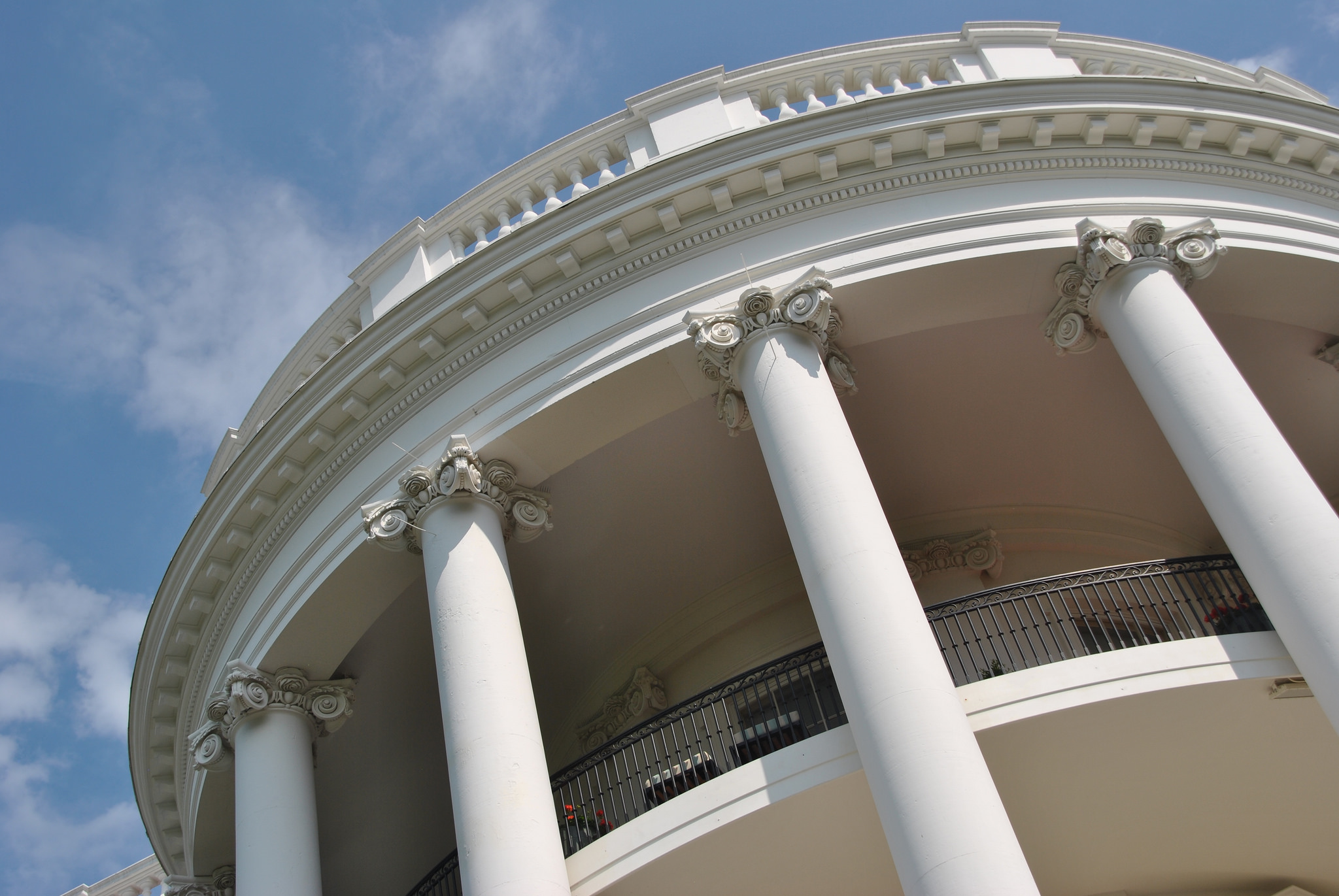Even though I was living in France during the Bill Clinton / Monica Lewinsky “scandal”, it was still all over the news. Nothing was left to the imagination as their indiscretions were picked apart by a thirsty media, and both of them were left disgraced by the incidents. Of course, his disgrace allowed him to continue as the most powerful man in the world, whereas hers was to leave her stigmatised and outcast for years.
The impact was disproportionately felt by Lewinsky, while Clinton was the party who had held all the power.
Lewinsky was only 24 years old when the scandal hit the news. An adult, of course, but the power differential between her and the President was massive. While she was demonised for being an evil temptress, a slut who had led Bill Clinton astray, his blame for exploiting his office and taking advantage of an intern, sexually, was rarely covered in any depth.
For me, it went without saying. She was just a few years older than me and her capacity to consent was questionable, when up against the most powerful force in the world. When she was approached by the man she looked up to, could she really say no? And, even if she could, why was the blame for the affair always placed squarely in her lap?
Clinton was blamed for lying. Lewinsky was blamed for everything.
In a piece for Vanity Fair, Lewinsky has now written about developing PTSD following the pursuit of her in the media and how she was treated. This was no simple “affair” between consenting adults, it went far deeper than that, and Lewinsky has spent a long time analysing exactly what happened. She compares her own personal experience to that of the nation, which was also torn apart and confused by proceedings.
Monica Lewinsky and Me Too
Lewinsky made contact with the Me Too movement, which grew out of revelations about the sexually abusive behaviour of Hollywood’s Harvey Weinstein. She believes that she would not have felt as alone in her trauma had it happened today, compared to in 1998.
“I don’t believe I would have felt so isolated had it all happened today. One of the most inspiring aspects of this newly energized movement is the sheer number of women who have spoken up in support of one another. And the volume in numbers has translated into volume of public voice. Historically, he who shapes the story (and it is so often a he) creates “the truth.” But this collective rise in decibel level has provided a resonance for women’s narratives. If the Internet was a bête noire to me in 1998, its stepchild—social media—has been a savior for millions of women today (notwithstanding all the cyberbullying, online harassment, doxing, and slut-shaming). Virtually anyone can share her or his #MeToo story and be instantly welcomed into a tribe.”
She goes on to acknowledge that her liaisons with Clinton constituted a “gross abuse of power”. She is still working out her place in the Me Too movement, facing some who say that the lack of assault made her experiences invalid. But, she states, “I am unpacking and reprocessing what happened to me. Over and over and over again”.
She challenges her own words from just a few years ago, where she wrote off any questions of whether the encounters were consensual. Now, she wonders if there is a different line in the sand.
“Now, at 44, I’m beginning (just beginning) to consider the implications of the power differentials that were so vast between a president and a White House intern. I’m beginning to entertain the notion that in such a circumstance the idea of consent might well be rendered moot. (Although power imbalances—and the ability to abuse them—do exist even when the sex has been consensual.)”
For many like Lewinsky, the vast coverage of Me Too and other similar movements is a mixed blessing. It is reassuring and heartening to see people supporting each other and women coming together to challenge their abusers. But it is also a triggering, potentially retraumatising thing to read and hear so many stories similar to your own.
We need to remember the women we perhaps blamed in the past, those we perhaps took part in stigmatising as well as those who were not as obviously “victims” as others. We need to challenge our own perspectives when someone the press declares to be a hussy is torn apart and we don’t criticise it enough. We need to learn from Lewinsky that the press can be as damaging as the event itself, if not moreso. And we need to dig our heels in when high-profile men abuse lower-profile women and spin the media to blame her.
Our understanding of power differentials is growing all the time. We must embrace this and commit to our own learning, looking at the relationships around us as well as those in the press. Clinton was not an innocent man who was seduced by his beautiful assistant. He was the most powerful man in the world who took advantage of an intern less than half his age. She consented, sure. But she had no idea what she was getting into, and that matters.
Photo: Angela N./Creative Commons

